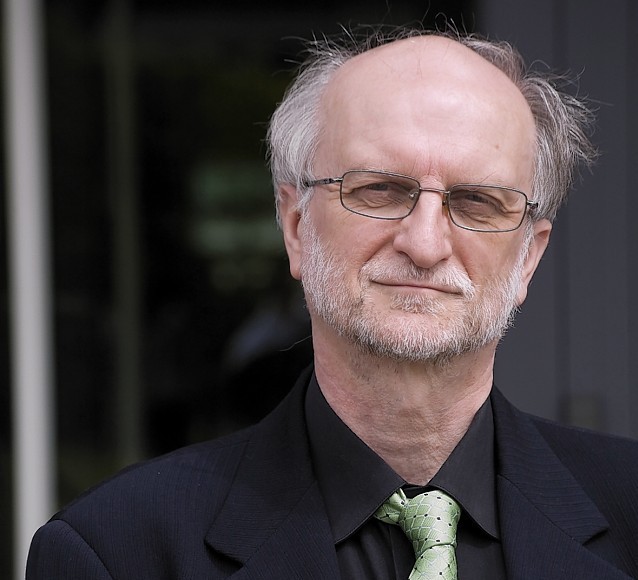Two north-east academics have warned families and pensioners could face the “very real” possibility of power cuts.
Professor of energy policy Peter Strachan and professor of petroleum accounting Alex Russell have pinpointed a range of energy issues in a new paper
And the RGU pair have said “the future may be even bleaker” for all – and claimed the UK government has been underplaying the role of Scottish electricity generation.
Their paper lays the majority of the blame at Westminster’s door, primarily for its failure to control rising electricity and gas prices.
Combined energy bills for UK households have risen by 54% between 1997 and 2013, while families’ incomes haven fallen by about 7% during the same period.
The academics’ paper says: “Little wonder families are under financial pressure, and according to the charity Age UK, 20% of pensioners are being forced to reduce their energy bills by cutting back on heating their homes.
“The future could be even bleaker, with families and pensioners facing the very real possibility of blackouts in the next year or two.”
The professors also highlight a paper published by industry regulator Ofgem and the Scottish Government.
They said: “It pointed to the looming danger of widespread power shortages across the UK.
“Ofgem, in a report to be published later this month, is very likely to highlight that spare electricity capacity has declined even further.
“Westminster’s intention to curb solar power subsidies and to possibly abandon future UK onshore wind subsidies completely has heightened the risk of power shortages.”
The paper also says that to avoid blackouts and further electricity price increases, Westminster needs to take preventative action by raising its commitment to renewables.
The role Scotland’s renewable energy capacity plays in keeping the lights on south of the border is also highlighted.
The paper says that “in all likelihood, a rump UK would have no choice but to buy Scotland’s electricity generating surplus of around 25%” – and that the Westminster government has been underplaying the important role of Scottish electricity generation.
